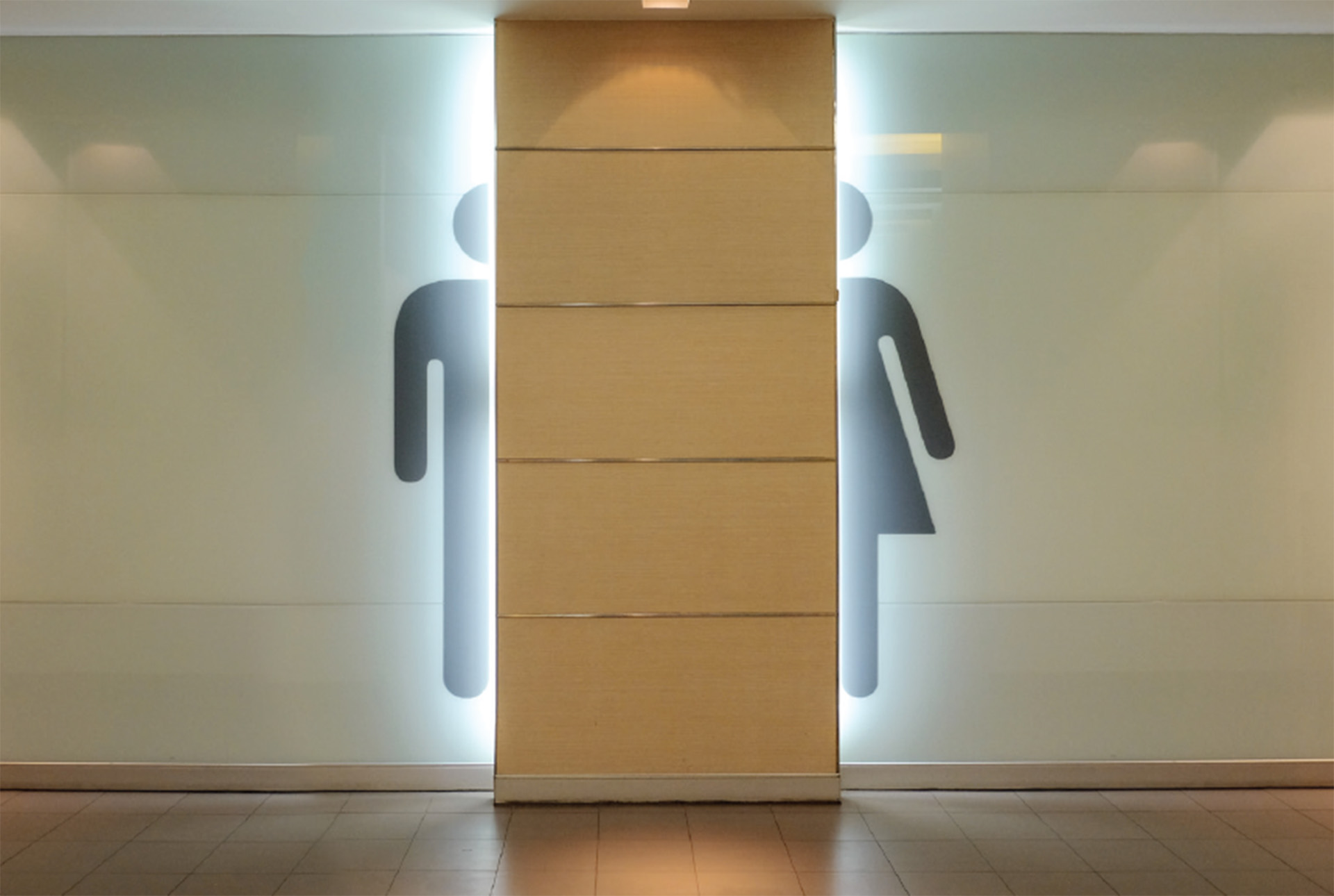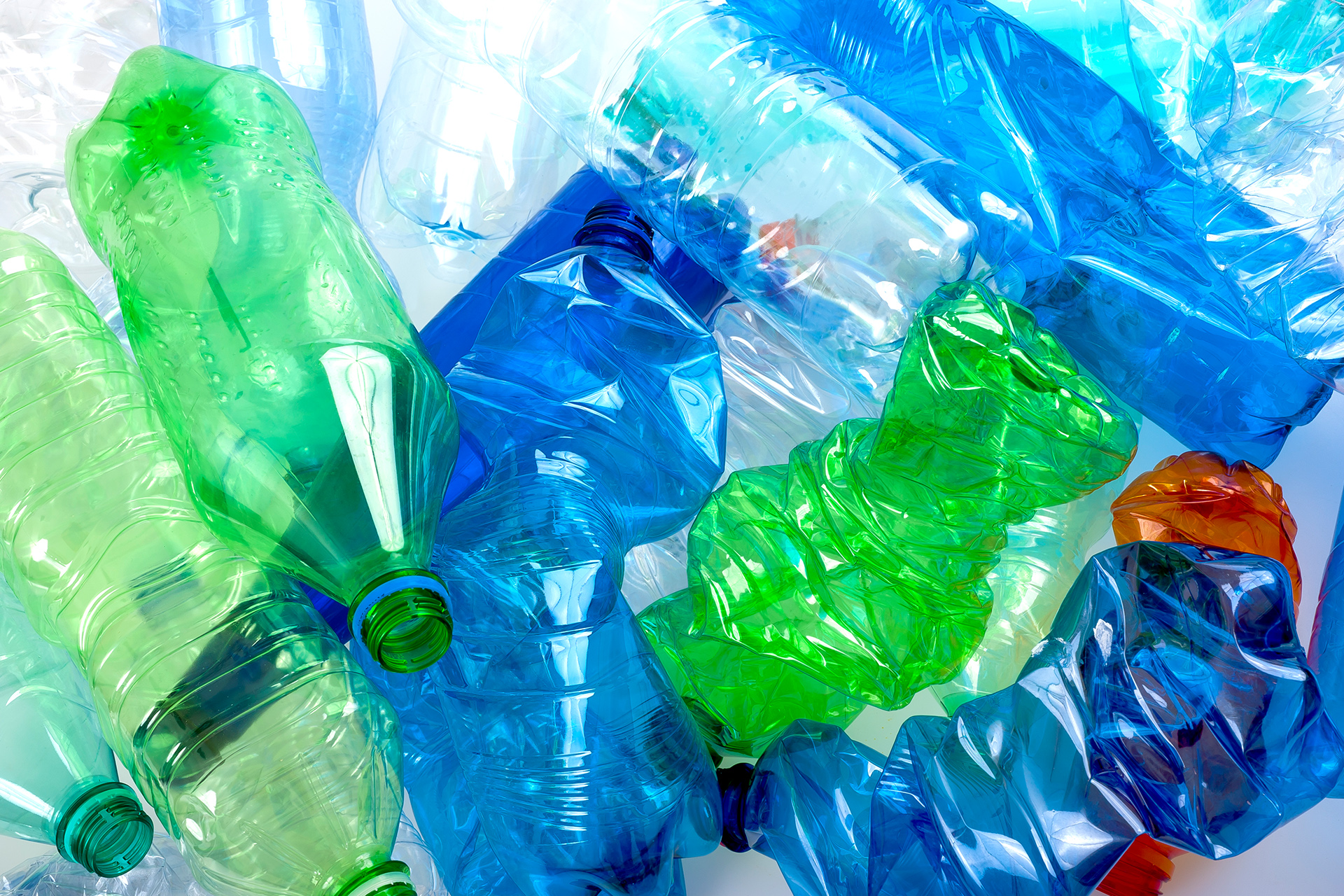Australians generated 30 million tonnes of organic waste in 2016–17, with 6.7 million tonnes going to landfill. That’s not just an environmental concern—organic waste in landfill is also a vector for odours, vermin, and methane buildup, impacting workplace air quality and compliance.
As a facility manager, you’re responsible for more than just maintaining the building—you’re overseeing the conditions that keep teams safe, productive, and compliant. One area that’s often underestimated? Waste management.
Improper waste disposal doesn’t just create a mess—it can compromise worker safety, violate health regulations, and increase your operating costs. In this article, we break down why smarter waste handling is a critical part of your facility’s safety strategy—and how tools like compostable bin liners can play a key role.
Why Waste Management Matters for Safety and Compliance
In your role, you’re balancing compliance, cost, and cleanliness. Waste management intersects with all three. Here’s how poor handling can hurt your operation:
- Trip and Fall Hazards: Overflowing bins, uncontained waste, and misplaced materials can obstruct walkways and loading zones—common sites for injuries.
- Sanitation Issues: Organic and food waste decomposes quickly. If not properly contained, it attracts pests, creates odour issues, and increases bacteria exposure risk.
- Chemical Exposure: In facilities that handle hazardous or regulated waste, improper segregation or disposal increases risk to both people and property.
- Regulatory Liability: Failing to follow waste handling standards can lead to fines, failed audits, and higher insurance premiums. Compliance with Safe Work Australia and state-specific regulations is non-negotiable.
Compostable Bin Liners: A Practical Tool for Facility Managers
Compostable bin liners are not a trend—they’re a practical solution for managing organic waste more effectively, especially in food service areas, commercial kitchens, and staff lunchrooms. Here’s what makes them a smart addition to your waste management toolkit:
Reduce Spill and Contamination Risk
High-quality compostable liners are leak-resistant and durable, helping contain organic waste without creating secondary messes that increase slip risks or require additional cleaning.
Streamline Sorting and Collection
Colour-coded or clearly labelled compostable liners simplify waste stream separation for janitorial teams, reducing contamination and easing recycling or composting compliance.
Support Compliance Requirements
Several councils and waste providers now mandate or recommend compostable liners in green waste bins. Using compliant liners ensures smooth collection and avoids penalties or contamination charges.
Increase Operational Efficiency
When liners do their job, your cleaning teams spend less time dealing with burst bags, soiled bins, or re-sorting waste. That’s time back in your day and lower labour costs in the long run.
Facility Manager Takeaway: Waste Strategy = Risk Strategy
Waste might seem like a backend operation, but it has real frontline impacts. The right disposal approach—including the use of compostable bin liners—can:
- Reduce injury and incident rates
- Lower pest control costs
- Streamline waste collection and janitorial tasks
- Keep your facility audit- and inspection-ready
- Improve hygiene in staff-heavy areas like kitchens or breakrooms
Effective waste management is more than just good housekeeping—it’s a frontline defense for safety, compliance, and operational efficiency. As a facility manager, adopting smarter solutions like compostable bin liners not only supports environmental goals but also directly contributes to a cleaner, safer, and more compliant workplace. By rethinking how your facility handles waste, you’re actively protecting your workforce and ensuring your operations run smoother and safer every day.









